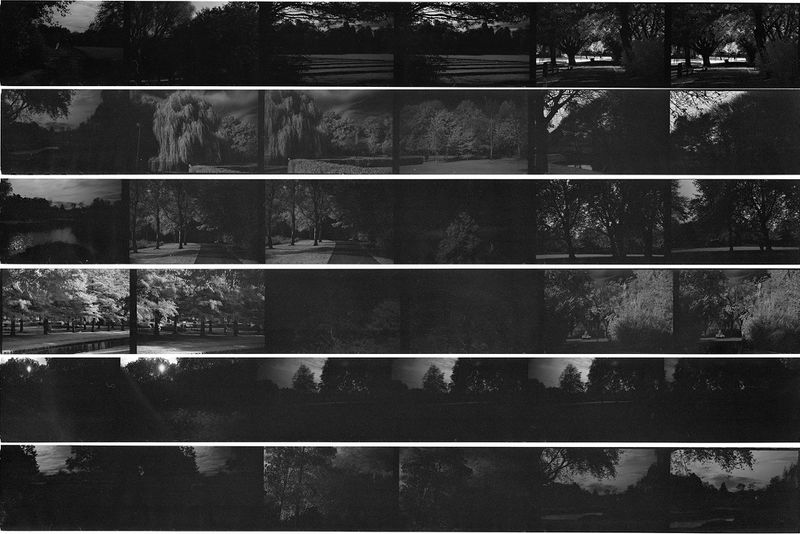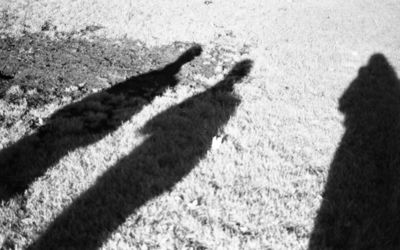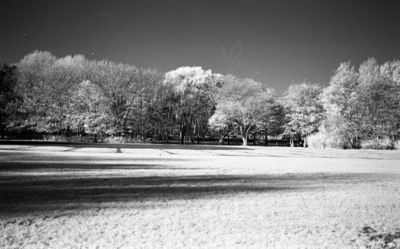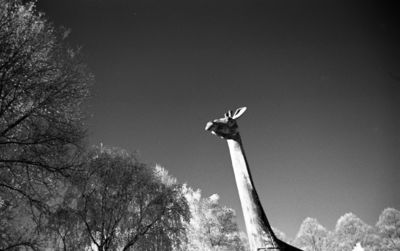Marieke / Analogue infrared: Difference between revisions
No edit summary |
No edit summary |
||
| Line 17: | Line 17: | ||
Only this time I borrowed an analogue camera with a built-in light meter, so I could put the settings on automatic and the camera would calculate the right apature and shutter speed settings. <br /> | Only this time I borrowed an analogue camera with a built-in light meter, so I could put the settings on automatic and the camera would calculate the right apature and shutter speed settings. <br /> | ||
This time the negatives succeeded. | This time the negatives succeeded. | ||
[[File:Ir a 1.jpg|400px|frameless|left]] | |||
[[File:Ir a 2.jpg|400px|frameless|left]] | |||
[[File:Ir a 15.jpg|400px|frameless|left]] | |||
Revision as of 11:48, 2 December 2018
First try
These photographs were taken with my Olympus analogue camera, in my first attempt the negatives were underexposed.
This is because the camera I used had neither a built-in light meter nor any apature and shutter speeds settings.
The camera only had a compensation setting which was not precise enough for infrared photography.
I used the Rollei Infrared 400 35mm film in combination with the Hoya R72 IR filter.
Second try
The second time I used another Rollei Infrared 400 35 mm film in combination with the Hoya R72 IR filter.
Only this time I borrowed an analogue camera with a built-in light meter, so I could put the settings on automatic and the camera would calculate the right apature and shutter speed settings.
This time the negatives succeeded.




